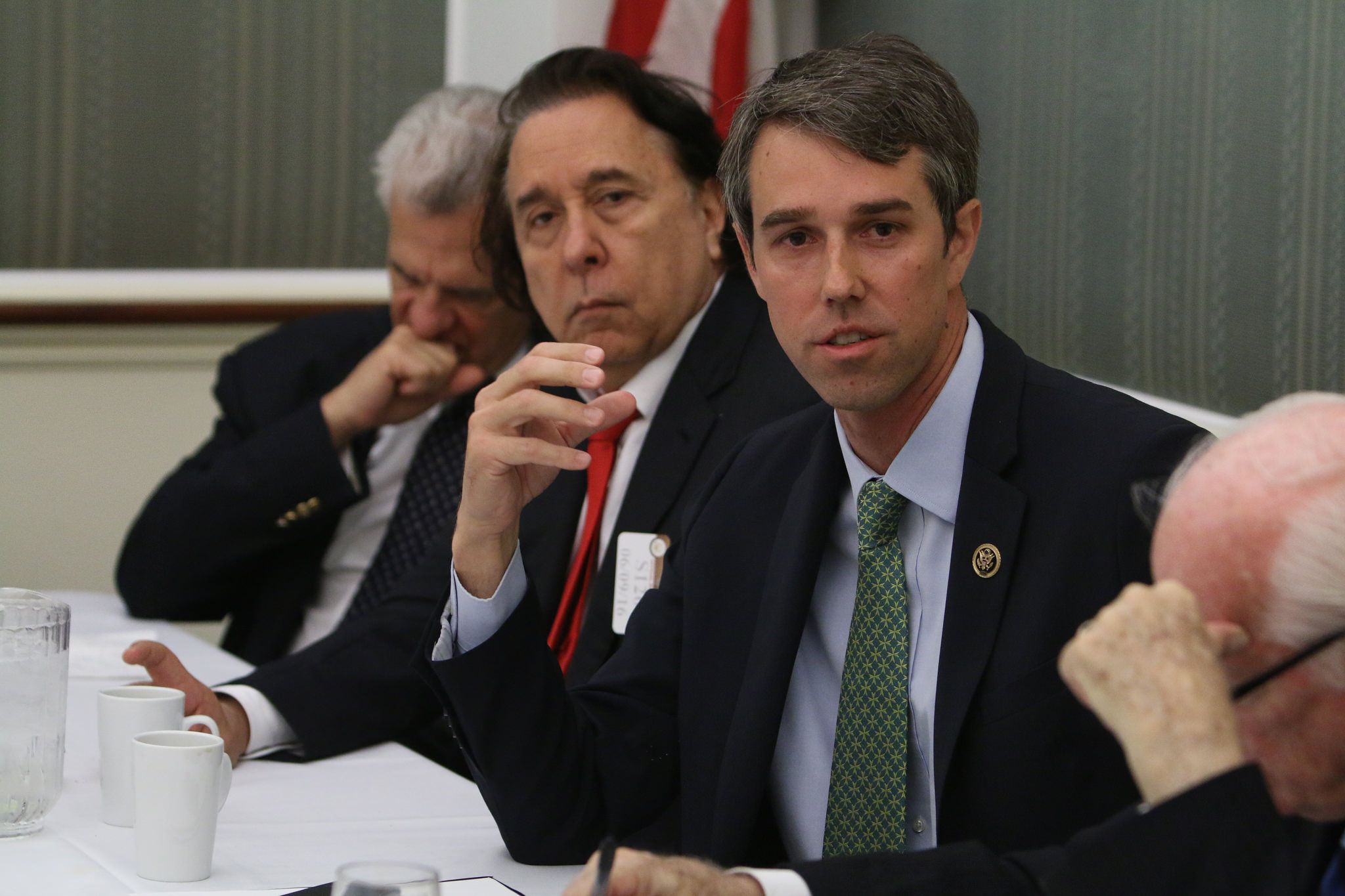Views expressed in opinion columns are the author’s own.
A few days after the 2016 election, I had this dream where Texas was blue. Though my dream didn’t play out in reality, we got pretty close to it in the midterm elections.
This election cycle churned out some of the closest races in unexpected places. In Texas, progressive Democratic candidate Beto O’Rourke received 48.3 percent of the vote to Ted Cruz’s 50.9 percent. In Florida, Democratic gubernatorial candidate Andrew Gillum received 49.2 percent of the vote to Republican candidate Ron DeSantis’ 49.6 percent. In Georgia, Democratic gubernatorial candidate Stacey Abrams received 48.7 percent of the vote to Brian Kemp’s 50.3 percent. These are southern states, notorious for consistently voting red. Yet, here we are.
The elections produced mixed results. Both major parties claim victory, with Democrats evidencing a “blue wave” after flipping the House and Republicans supporting their stronghold by retaining the Senate majority. In truth, there was more of a “purple wave” than anything else: Though there were wins and losses on both sides, voter turnout for all parties was incredibly high in comparison to previous midterm elections. In fact, 113 million people, nearly 50 percent of eligible voters, voted in the 2018 elections, making it the first time in this country’s history that a midterm election counted more than 100 million votes.
What does this mean? Usually, the only people who vote in midterm elections are those who care a lot about the candidates and about politics. The fact that so many people voted during this election cycle tells us that either people are starting to care more or midterm elections are becoming a regular occurrence for everyone — both of which are great.
However, the important thing to do now is to not let the energy die. Over the past few months, students, professors, government officials, celebrities and even popular foreign figures have created a flurry of excitement around voting. Rousing a voting culture pushes more people to engage in their civic duty but doesn’t always guarantee prolonged interest. In the wake of the election, it is essential that we stay excited about the candidates that won. It’s even more crucial to be aware of those who lost.
Celebrate the wins of the first Muslim women, the first Native American women, the first LGBTQ woman of color and the youngest woman elected to Congress. Enjoy the victories of Massachusetts’ and Connecticut’s first black congresswomen, the first openly gay governor, the first woman governor of Guam, the first Latina congresswomen from Texas and the first openly LGBTQ mother in Congress.
Smile about the first Korean-American woman in Congress and the fact that Maine has its first woman governor. It’s important to take a moment and recognize that this country has come far enough that our representative government has become just that — representative.
But don’t stop there. There are so many ways we can stay involved now that voting is done. Start to — or continue to — send letters to your representatives, attend town hall and city council meetings when you’re home for winter break, join a campaign, go to marches.
Beto O’Rourke and Andrew Gillum lost, and Parkland students behind the March for Our Lives watched as National Rifle Association-endorsed candidates won. Don’t forget about them.
Civic responsibility doesn’t stop with voting — turning in your ballot is just the beginning. There are numerous ways we can involve ourselves in government affairs. Even if you don’t like politics, have never understood political science or don’t want to put in the effort, something as simple as using social media to reach those family members who still don’t believe in voting or supporting minority groups on the University of Maryland’s campus can help promote a progressive and safe future.
Take notes from Stacey Abrams for example, who refused to concede her election. She’s not backing down in the face of election conventions and norms. Instead, she’s challenging them and confronting the issue of voter interference. She’s been working for almost her entire adult life to get to this point, and she’s not giving in. Even if she doesn’t win, she will continue to effect change and inspire her community.
We should all be more like Abrams. Maybe we don’t run for office and make history, but maybe we work to contribute to a future where extremist views don’t plague our headlines and people are guaranteed their basic rights.
Stay angry. Stay passionate. Stay informed. (And maybe one day Texas will be blue.)
Jasmine Baten is a junior English major. She can be reached at jasminebaten137@gmail.com



